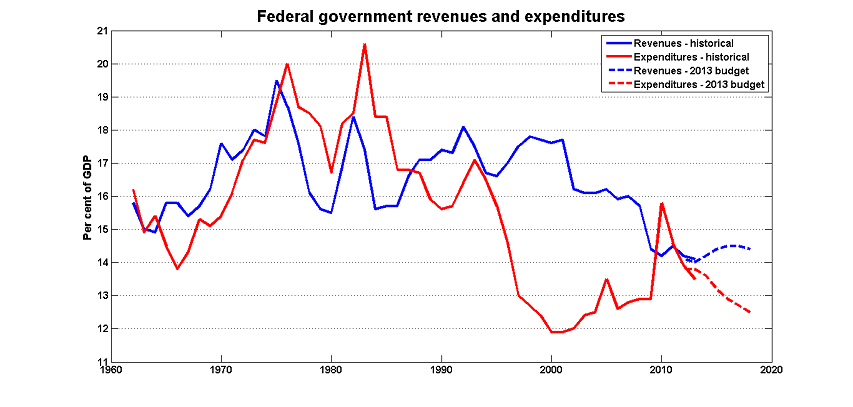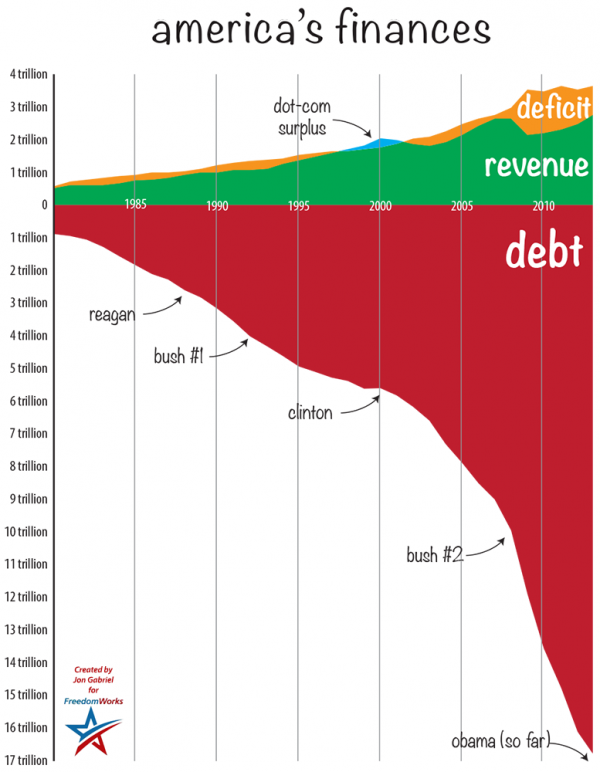In Maclean’s, Erica Alini tries to explain just what the US Foreign Account Tax Compliance Act (FATCA) is, and why Canadians should be very concerned about it:
To say that FATCA is controversial is an understatement. The law is so complex and onerous to implement that some foreign banks have reportedly kicked out their U.S. clients in order to avoid dealing with it. Americans living abroad are queuing to give up their U.S. passports over it. The other problem with FATCA is that it asks foreign banks to do things that are often illegal in their home countries, such as passing on certain private information.
It has caused a stir in Canada as well, but the press here generally portrays it as something that affects only dual citizens and green-card holders. Given the number of Americans who live in Canada, that would be enough to make it a big issue (and a big headache for Ottawa). But the truth is FATCA has the potential to touch a much larger number of unsuspecting Canadians.
[…]
In general, what you get for signing an agreement to enforce FATCA is a pledge that the U.S. will do its best to share some of its information on your country’s potential tax cheats. You read that right: Not a duty to reciprocate your efforts, but a lame “we’ll try hard” promise. That’s because the U.S. government does not, at the moment, have permission to force U.S. banks to share information with foreign governments. Only Congress can change that.
That sounds bad enough, but it gets worse for Canada. We are the exception — the only country with which the U.S. has an automatic information-sharing agreement. Now, the trouble with FATCA is that it demands some new information: Not about the Canadian assets and incomes of people who live in the U.S. but about the assets and incomes of people who live in Canada but might have some ties to the U.S. While Canadian taxation, thankfully, is based on residency — you owe the CRA if you’ve been living in Canada — the U.S. has started demanding that its citizens file taxes regardless of where they live.
One of the unforeseen effects of this legislation is that it’s been making it much harder for US citizens to do business in other countries or to work in other countries for extended periods of time. If foreign banks refuse to allow US citizens to open accounts, you’re imposing significant costs and extra inconvenience on people who are in no way attempting to hide assets or income from the IRS. As with so many government initiatives, it probably won’t inconvenience actual criminals all that much, but will primarily impact ordinary — innocent — US citizens.





